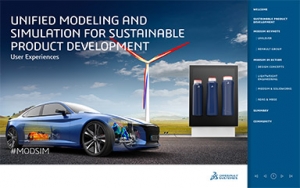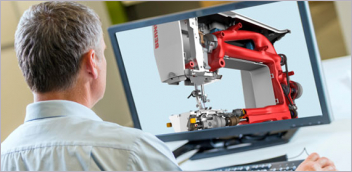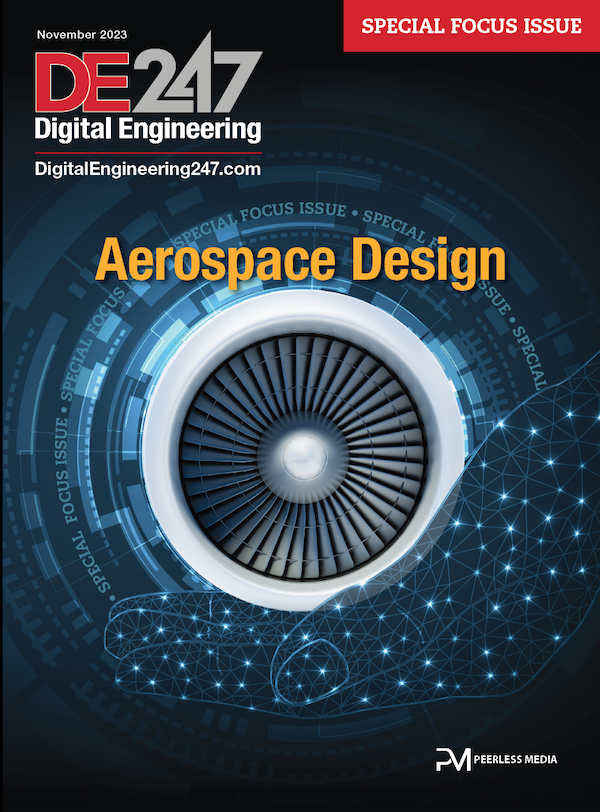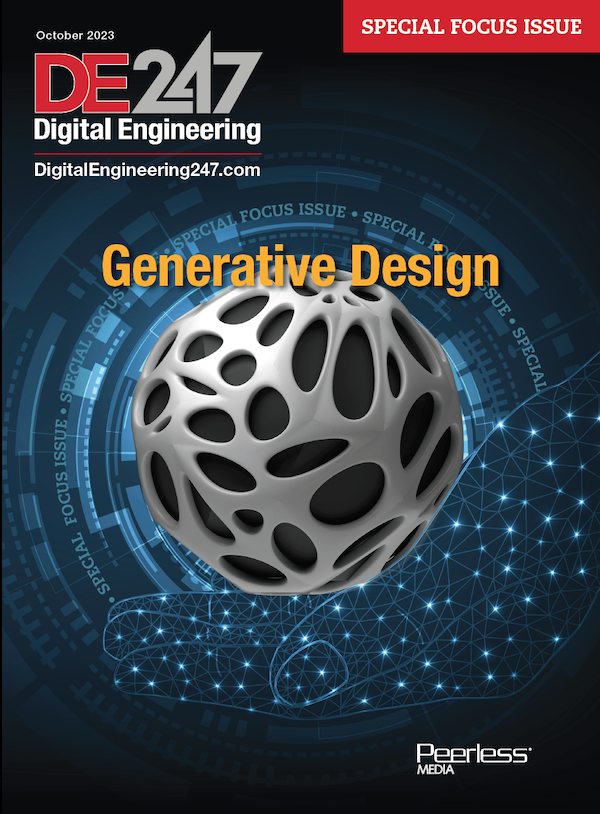
A UCLA student with a liquid fuel rocket. Image courtesy of Base 11.
Latest News
July 9, 2018
The Base 11 Space Challenge is a $1 million prize for a student-led university team to design, build and launch a liquid-propelled, single-stage rocket to an altitude of 100 km (the Karman Line) by December 30, 2021. The challenge will feature annual competitions where students reach milestone achievements during the development of liquid-fuel rockets, including design, static testing and smaller popup innovation challenges. The biggest purse, which is fully funded, is the $1 million space launch prize.
To learn more about this competition, we spoke to Al Bunshaft, senior vice president, Americas Global Affairs at Dassault Systèmes, and Landon Taylor, CEO at Base 11.
Digital Engineering: Can you provide an overview of the Base 11 Space Challenge competition, how it came to be and the intent of the program?
Al Bunshaft: The mission behind the Base 11 Space Challenge is to dramatically increase the science, technology, engineering and mathematics (STEM) talent in the United States with greater representation and inclusion of women and minorities, while empowering the future workforce with the education and skill training necessary for jobs in the aerospace and related industries.
People often ask how a rocket competition can improve diversity in STEM, and here’s the answer: The Base 11 Space Challenge enhances the STEM talent pipeline and supports inclusion by requiring university teams to strengthen their own talent pipeline. By partnering with local community colleges, high schools and nonprofits to share outreach activities, teams can engage and ultimately recruit more diversified talent to enhance and sustain their teams over the four years of the challenge and beyond.
Landon Taylor: The Base 11 Space Challenge is the direct result of two things that happened last fall. The first was the overwhelming success of the Aerospace Workforce Development Symposium & Expo, which was hosted by Base 11, Dassault Systèmes and University of California, Irvine. The second was that I read the book “Bold” by Peter Diamandis around that time, which spoke to the power of bold thinking, incentive prizes and crowdsourcing. I was thinking about how Base 11 could have a transformative impact on aerospace workforce development, and I realized a $1 million incentive prize, if designed right, could really change the game. Fortunately, we had a private donor who agreed, and funded the prize purse.
Bunshaft: About 120 people from about a dozen schools and 26 companies attended our announcement event on June 6, which was headlined by former NASA Astronaut Leland Melvin. He serves as the exact role model of what is possible for young children when they are made aware of opportunities in STEM, given access to those opportunities and instilled with the belief that they can accomplish them. Since that event, 170 individuals have signed up, expressing their interest in the challenge.
We have verbal commitments that the following schools will field teams: Purdue University; University of Southern California; UC Irvine; UC Berkeley; UC San Diego; Cal State University, Long Beach; University of Michigan; Georgia Tech; University of Toronto; University of Victoria; University of Concordia and McGill University.
DE: Can you tell us about some of the designs that are part of the event?
Bunshaft: Students will be designing a single-stage, liquid-fuel rocket capable of reaching 100 km, or the edge of space. Through the process, participants will develop skills and real-world experience in industry-level safety protocols, systems engineering, propulsion, electronics, bench testing, CAD, navigation, flight regulation, diversity and inclusion, business development, teamwork and innovation.
DE: What drove Dassault Systèmes to sponsor the event?
At Dassault Systèmes we recognize talent and innovation and are always looking to hire talented individuals. Our involvement with Base 11 and in particular the Space Challenge is to provide students with our tools, namely our 3DEXPERIENCE platform, so they can use it to compete in the challenge. But much more importantly, we are trying to endow them with the mindset and skills that are portable and relevant to all jobs in the engineering field. This experience should allow them to explore their interests in STEM and delve deeper into aerospace and other industries.
DE: Anything else you’d like to tell us about the event?
Bunshaft: Even if you are not part of a rocket team, there are $2,500 in prizes for any student, kindergarten through college, who can design the logo for the Space Challenge. Moreover, you do not have to be a university student to get involved. There are opportunities for everyone to get involved. Companies can join the Base 11 Space Challenge as sponsors by providing funding, materials, facilities or expertise to support the teams. Individuals can volunteer their time as mentors for teams or make financial contributions; mentorship is a very important dimension we are trying to include in the project. We invite everyone to join us!
According to a forecast by Bank of America Merrill Lynch, commercial space will become a $2.7 trillion industry within the next 30 years. We want to ensure that students from all backgrounds prepare themselves with the mindset and skills that they need in order to claim their share of the new frontier. And since many young people today put more emphasis on doing purposeful work rather than just making money, the commercial space industry is full of opportunities for a purpose-driven career as well, when you understand that accessing the abundant natural resources beyond our planet will improve the quality of life for all humankind.
More Dassault Systemes Coverage

Subscribe to our FREE magazine, FREE email newsletters or both!
Latest News
About the Author
Jim Romeo is a freelance writer based in Chesapeake, VA. Send e-mail about this article to DE-Editors@digitaleng.news.
Follow DE






